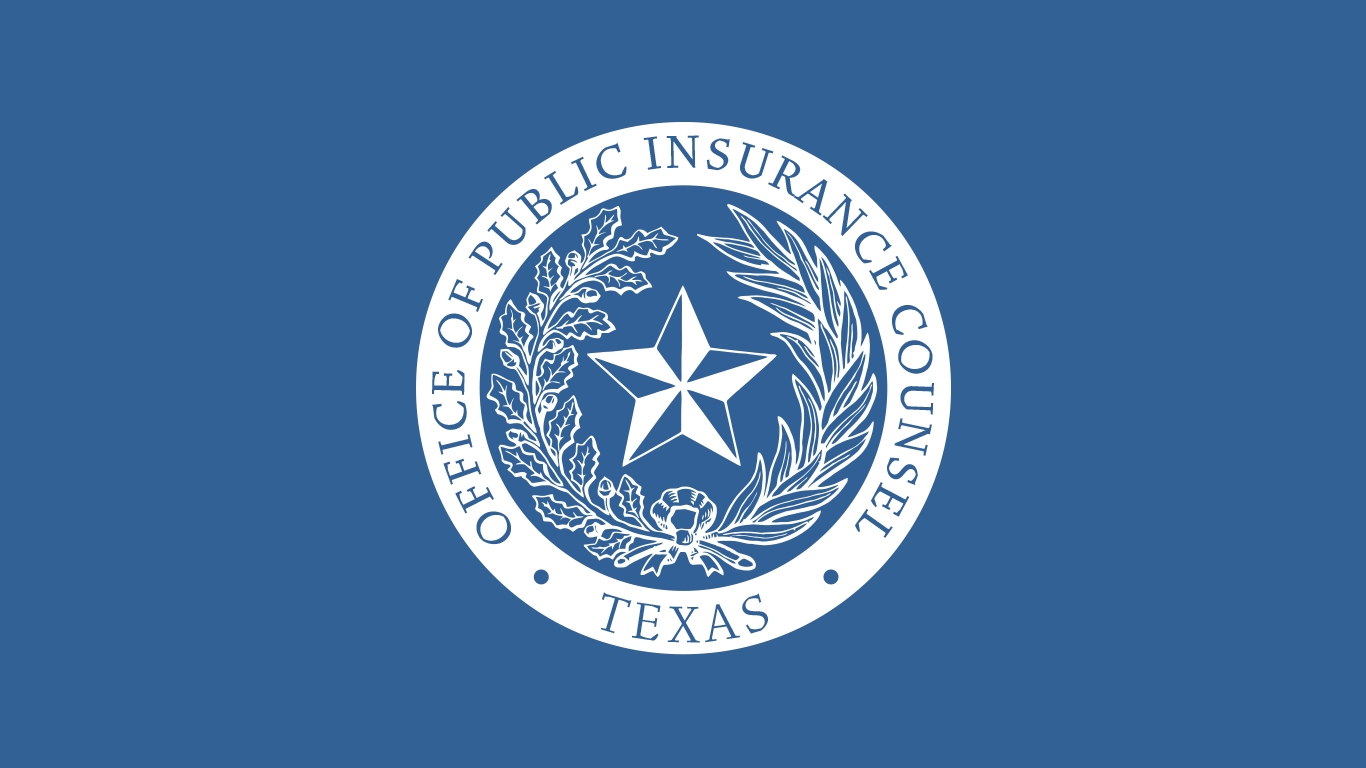Home>Finance>What Is The Grace Period To Reinstate A Cancelled Life Policy In PA


Finance
What Is The Grace Period To Reinstate A Cancelled Life Policy In PA
Published: February 21, 2024
Learn about the grace period for reinstating a cancelled life insurance policy in PA. Understand the financial implications and steps to take. Protect your finances with the right knowledge.
(Many of the links in this article redirect to a specific reviewed product. Your purchase of these products through affiliate links helps to generate commission for LiveWell, at no extra cost. Learn more)
Table of Contents
Introduction
Understanding the Importance of Life Insurance Grace Periods
Life insurance serves as a crucial financial safety net, providing peace of mind and security for your loved ones in the event of your passing. However, maintaining an active life insurance policy requires timely premium payments. Life's unpredictability can sometimes lead to missed payments, potentially resulting in a lapsed policy. Fortunately, life insurance policies often include a grace period, offering a valuable opportunity to reinstate a lapsed policy without undergoing an extensive approval process.
During this grace period, policyholders have the chance to rectify any missed payments and prevent the policy from being terminated. Understanding the nuances of life insurance grace periods, particularly within the context of Pennsylvania's regulations, is essential for policyholders to make informed decisions and safeguard their financial future.
In this article, we will delve into the concept of life insurance grace periods, explore the specific laws governing grace periods in Pennsylvania, and provide insights into the process of reinstating a cancelled life insurance policy in the state. By gaining a comprehensive understanding of these crucial aspects, individuals can navigate the complexities of life insurance with confidence and ensure the continuous protection of their loved ones.
Understanding Life Insurance Grace Periods
The Lifeline of Grace Periods
Life insurance grace periods serve as a vital safeguard for policyholders, offering a buffer to address missed premium payments without immediate policy termination. Typically, grace periods span 30 to 31 days, providing a reasonable window for individuals to rectify payment oversights. During this period, the policy remains in force, ensuring that beneficiaries are still entitled to the death benefit if the insured passes away.
It’s important to note that the specific duration of the grace period may vary depending on the insurance provider and the terms outlined in the policy. Policyholders should thoroughly review their policy documents to understand the exact length of the grace period and any additional provisions that may apply.
While the grace period offers a temporary reprieve, it’s crucial for policyholders to prioritize timely premium payments to maintain continuous coverage. Failure to address overdue premiums within the grace period can lead to the lapse or cancellation of the policy, leaving loved ones vulnerable in the absence of financial protection.
Moreover, the grace period does not absolve the policyholder of the missed payments; it simply provides an opportunity to remedy the situation and prevent policy termination. As such, prompt action is imperative to avoid potential lapses in coverage.
Understanding the nuances of life insurance grace periods empowers policyholders to navigate financial challenges while safeguarding the security of their loved ones. Now, let’s explore the specific regulations governing grace periods in the state of Pennsylvania.
Pennsylvania Laws Regarding Life Insurance Grace Periods
Protective Measures Under Pennsylvania Law
In Pennsylvania, the regulation of life insurance grace periods is guided by state laws designed to protect policyholders and ensure fair treatment within the insurance industry. The Pennsylvania Insurance Department oversees these regulations, aiming to uphold consumer rights and maintain the integrity of insurance practices.
Under Pennsylvania law, life insurance policies are mandated to include a grace period of at least 30 days. This provision offers policyholders a reasonable timeframe to address any missed premium payments before the policy lapses. It’s important to recognize that this minimum grace period duration serves as a fundamental protection for policyholders, providing an opportunity to rectify oversights and maintain continuous coverage.
Furthermore, Pennsylvania’s insurance regulations emphasize transparency and accountability, requiring insurance providers to clearly outline the terms and conditions of grace periods within policy documents. By ensuring that policyholders are fully informed about the grace period provisions, the state aims to empower individuals to make informed decisions regarding their life insurance coverage.
Additionally, Pennsylvania’s insurance laws prioritize the fair treatment of policyholders, prohibiting unfair practices that could disadvantage consumers. This commitment to consumer protection underscores the significance of grace periods as a mechanism for policyholders to address financial challenges without facing immediate policy termination.
By adhering to these regulatory standards, Pennsylvania reinforces the importance of life insurance grace periods as a crucial component of consumer-centric insurance practices. Now, let’s explore the process of reinstating a cancelled life insurance policy in Pennsylvania, shedding light on the steps available to policyholders in the state.
Reinstating a Cancelled Life Insurance Policy in Pennsylvania
Navigating the Path to Policy Reinstatement
When a life insurance policy in Pennsylvania is cancelled due to missed premium payments, policyholders may have the opportunity to reinstate the policy, provided certain conditions are met. The reinstatement process allows individuals to revive their lapsed coverage, offering a second chance to secure the financial protection of their loved ones.
Upon discovering that their life insurance policy has been cancelled, policyholders should promptly contact their insurance provider to inquire about the possibility of reinstatement. It’s essential to act swiftly, as the eligibility and requirements for reinstatement may be contingent upon specific timelines and conditions outlined in the policy.
Insurance companies typically have established procedures for policy reinstatement, which may involve fulfilling outstanding premium payments, providing evidence of insurability, and adhering to any additional reinstatement criteria specified in the policy. Policyholders should carefully review the terms and conditions associated with reinstatement to understand the obligations and documentation required to proceed.
Moreover, the reinstatement process may vary depending on the duration of the policy lapse and the provider’s policies. While some insurance companies may facilitate straightforward reinstatement procedures, others might impose certain limitations or prerequisites for reinstating a lapsed policy.
Policyholders seeking reinstatement should approach the process with diligence and attentiveness, ensuring that they fulfill the necessary requirements and comply with the stipulations set forth by their insurance provider. By actively engaging with the reinstatement process and meeting the specified criteria, individuals can work towards reinstating their life insurance coverage and reinstating the financial security it provides.
Understanding the nuances of the reinstatement process and diligently adhering to the requirements can significantly increase the likelihood of successfully reinstating a cancelled life insurance policy in Pennsylvania. By leveraging this opportunity, policyholders can regain the protective shield of life insurance and continue safeguarding the well-being of their beneficiaries.
Conclusion
Empowering Informed Decision-Making
Life insurance grace periods and the process of reinstating a cancelled policy in Pennsylvania are integral components of the insurance landscape, offering policyholders essential avenues to address missed payments and maintain vital coverage. Understanding the nuances of grace periods, particularly within the context of Pennsylvania’s regulatory framework, equips individuals with the knowledge needed to navigate unforeseen financial challenges while upholding the continuity of their life insurance protection.
By comprehending the protective measures embedded in Pennsylvania’s insurance laws, policyholders gain insight into the minimum grace period requirements and the state’s commitment to consumer-centric insurance practices. This awareness empowers individuals to make informed decisions regarding their life insurance coverage, leveraging the grace period as a lifeline to rectify missed payments and prevent policy lapses.
Furthermore, the reinstatement process presents a valuable opportunity for policyholders to reinstate a cancelled life insurance policy, provided they fulfill the requisite conditions and adhere to the guidelines set forth by their insurance provider. Navigating this process with diligence and attentiveness can pave the way for individuals to regain the financial security and peace of mind that life insurance affords.
As policyholders in Pennsylvania embrace the significance of grace periods and the potential for policy reinstatement, they position themselves to proactively safeguard the well-being of their loved ones. By prioritizing timely premium payments and understanding the available recourse for reinstatement, individuals can fortify the foundation of their financial planning and ensure that their beneficiaries remain protected in the face of life’s uncertainties.
In essence, the interplay of grace periods, regulatory safeguards, and the opportunity for reinstatement underscores the resilience of life insurance as a cornerstone of financial security. By embracing these facets and leveraging them to their full potential, policyholders in Pennsylvania can navigate the evolving landscape of life insurance with confidence, ensuring that their coverage remains steadfast and their loved ones are shielded from unforeseen adversities.














